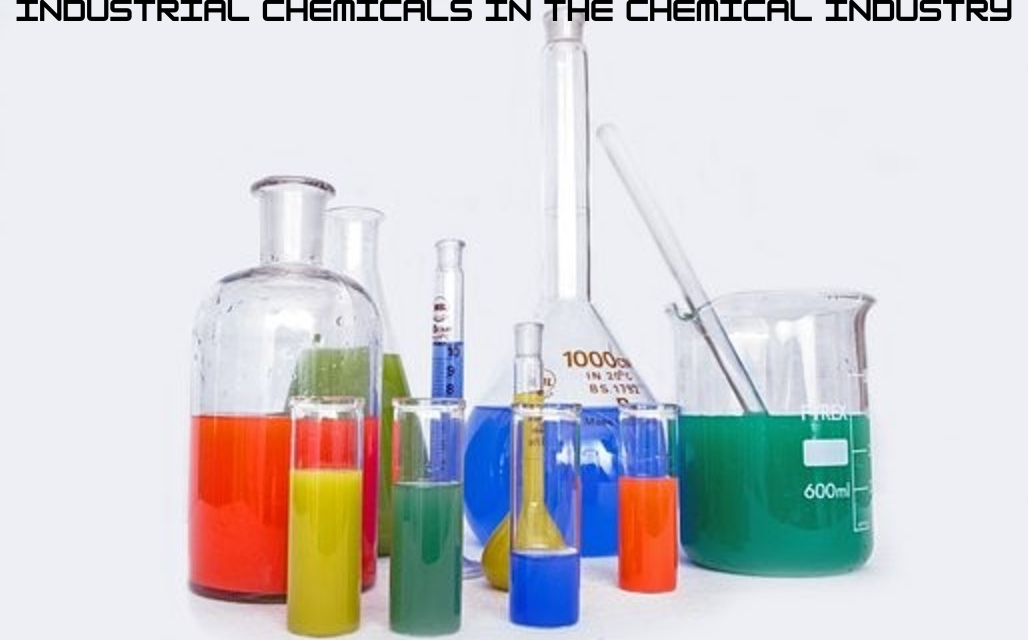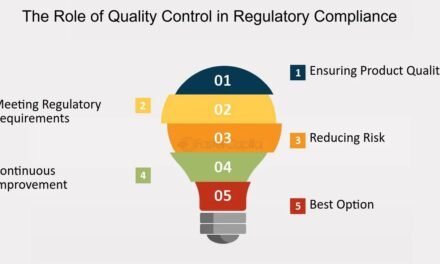Here’s a concise list of some of the most commonly used industrial chemicals, along with their primary applications:
1. Sulfuric Acid
- Uses: Fertilizer production, petroleum refining, chemical synthesis.
- Significance: Known as the “king of chemicals,” widely used globally.
2. Sodium Hydroxide
- Uses: Paper and pulp industry, soap production, water treatment.
- Significance: A versatile strong base for various industrial applications.
3. Chlorine
- Uses: Disinfection, PVC production, manufacturing of solvents and pesticides.
- Significance: Critical for water purification and plastics production.
4. Ammonia
- Uses: Fertilizer manufacturing, refrigeration systems, cleaning agents.
- Significance: Vital for global agriculture and various industrial processes.
5. Ethylene
- Uses: Polyethylene production, antifreeze, and detergents.
- Significance: A foundational building block in the petrochemical industry.
6. Propylene
- Uses: Polypropylene production, acrylic fibers, and chemical synthesis.
- Significance: Widely used for durable plastics and synthetic materials.
7. Methanol
- Uses: Fuel, formaldehyde production, paints, and adhesives.
- Significance: A key precursor in various chemical processes.
8. Nitric Acid
- Uses: Fertilizers, explosives, and metal processing.
- Significance: Important for agriculture and defense industries.
9. Acetic Acid
- Uses: Vinegar, adhesives, and textile processing.
- Significance: Essential for food and industrial applications.
10. Hydrogen Peroxide
- Uses: Bleaching agent, disinfectant, wastewater treatment.
- Significance: An eco-friendly oxidizing agent with versatile uses.
11. Formaldehyde
- Uses: Building materials, resins, textiles, and preservatives.
- Significance: Critical for construction and manufacturing.
12. Benzene
- Uses: Plastics, synthetic fibers, and rubber production.
- Significance: A primary aromatic compound in chemical manufacturing.
13. Toluene
- Uses: Solvents, adhesives, and chemical intermediates.
- Significance: Important in the production of fuels and consumer products.
14. Polyvinyl Chloride
- Uses: Construction materials, medical devices, consumer goods.
- Significance: One of the most widely produced plastics.
15. Acrylonitrile
- Uses: Synthetic fibers, plastics, and rubber.
- Significance: Vital for textiles and plastics industries.
16. Methyl Ethyl Ketone
- Uses: Solvents for coatings, adhesives, and cleaning agents.
- Significance: A highly effective solvent in industrial processes.
These chemicals serve as the backbone of countless industrial processes, supporting sectors like agriculture, construction, healthcare, and consumer goods manufacturing. Their importance lies not only in their versatility but also in their ability to drive innovation and economic growth across industries.










